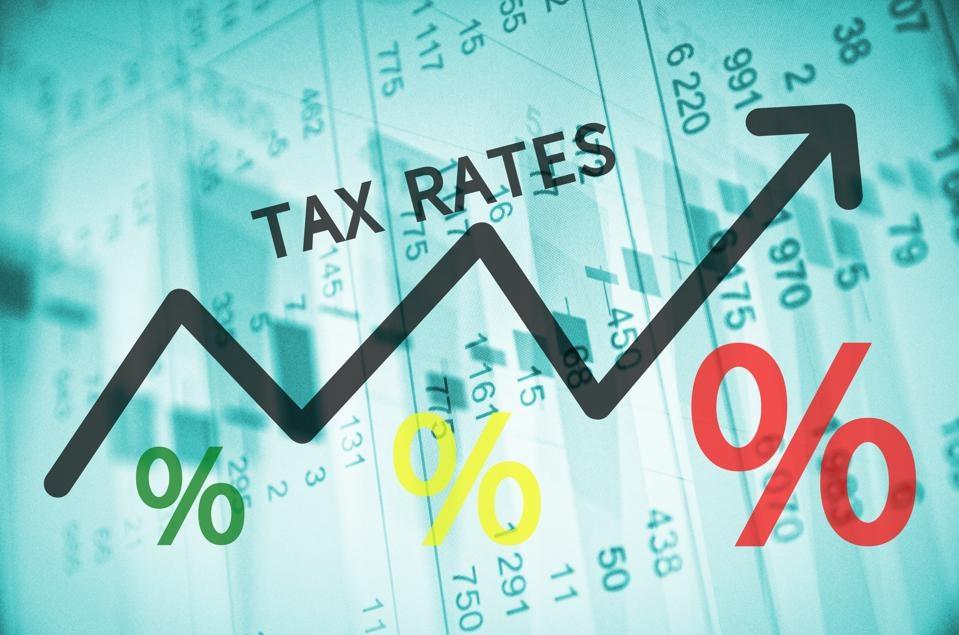S Corporation shareholders and partners in a partnership are facing the possibility of a significant increase in their effective federal income tax rate by the end of December 31, 2025. This is due to the expiration of certain tax laws, such as the 199A deduction and an increase in individual federal income tax rates, which will cause the tax rate for pass-through entity owners to jump from 30% to 39.6%. Additionally, other Tax Cuts and Jobs Act provisions are set to expire, including the capitalization of research and experimental expenditures, a decrease in bonus depreciation, and a more restrictive interest expense limitation calculation.
The increase in the effective tax rate may catch many pass-through entity businesses off guard, as Congress does not need to pass a bill to change federal income tax law in this situation. The budget reconciliation process allows laws to be passed with a simple majority in the Senate when one political party controls the Presidency, House, and Senate. The sunsetting provisions in the Tax Cuts and Jobs Act were included to prevent increasing the deficit beyond a 10-year budget window, leading to the impending tax rate hike for small and privately held businesses if no action is taken before December 31, 2025.
Taxable income for pass-through entity owners will likely increase dramatically as various tax deductions are limited, including the requirement to capitalize domestic R&E expenditures over five years and a more restrictive interest expense limitation calculation. The expiration of the 199A 20% pass-through deduction and an increase in individual federal income tax brackets and rates will also contribute to the tax rate hike, with the highest individual income tax rate expected to move from 37% to 39.6% by 2026.
C corporations currently enjoy a federal income tax rate of 21%, which was made permanent under the Tax Cuts and Jobs Act. While pass-through entity owners face a potential effective tax rate of 39.6% if the TCJA provisions sunset, C corporation shareholders may not be subject to the second level tax on dividends. C corporations also have the ability to defer distributing dividends, allowing shareholders to delay the second layer of taxation. However, pass-through entity owners do not have the same deferral option, facing immediate taxation on their earnings.
Congressional leaders are grappling with budgetary constraints as they consider the next steps regarding tax reform. The extension of TCJA provisions and potential increase in the national deficit raise concerns about the financial implications of maintaining current tax rates. Business owners, especially pass-through entity owners, need to understand the potential impact of the sunsetting tax provisions on their businesses and engage in advocacy efforts to ensure that the taxation of pass-through entities remains a part of the conversation regarding US federal income tax reform.
Pass-through owners must be proactive in discussing the impact of the sunsetting provisions on their businesses, including potential effects on capital investments, expansion, and employee retention. By raising their voices in the tax reform debate, pass-through entity owners can influence the outcome and ensure fair tax rates for all types of business entities. Congressional leaders are also preparing for a major tax reform debate, with the House Ways & Means Committee and Senate Finance Committee considering the implications of tax reform and potential timelines for completion.


